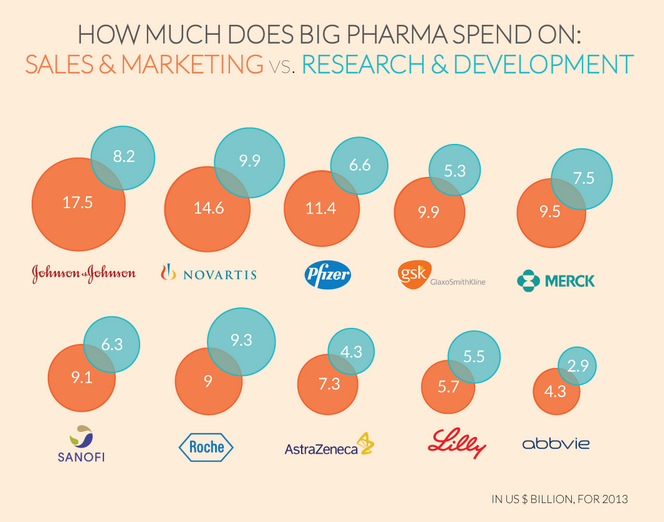Warning in advance, this post is (sort of) about basketball, but hopefully will resonate beyond the hardwood and make some sense to HR/Talent pros in this increasingly complicated modern age. First a quick take from the NBA, and how perhaps it might hold some insights that apply in the real world.
Exhibit A : Your 2014 - 2015 New York Knicks, current possessors of the NBA's poorest Won-Loss record at 5 - 35, at the time of this writing riding a franchise-record 15 game losing streak, with their two best players currently injured, and recently having traded another two of their more useful players for essentially nothing in return, (the players they received in the trade were immediately released).
The Knicks are a joke, a running tour of poor performances, uninspiring effort, and predictable results. Even for me, a life-long fan, they are almost impossible to watch.
But let's get to the HR/Talent/Workplace angle of this. Prior to the season the Knicks hired a new head coach, Derek Fisher who had extensive playing experience (and has played on a few championship teams), but no coaching experience. Basically he is a first-time coach. And more importantly, the Knicks threw a ton of money and power to lure legendary coach Phil Jackson, winner of 11 titles with the Bulls and Lakers, to run the entire basketball operation. In corporate terms, the Knicks basically brought in a new CEO and a new COO with the marching orders to turn the franchise into a winner and to make the changes need that will lead to winning - many of these changes centered around instilling a 'winning' culture.
But in the NBA, and in your company, even C-level mandated change, and in particular with attempts to change something as nebulous and imprecise as workplace culture the task is never going to be easy. And often in both sports teams and 'normal' businesses, culture change is completely about the people that make up the organization, their willingness to make and embrace changes, their commitment to these changes longer term, and finally the ability and flexibility of management to add/move/replace talent as needed to better align the workforce to this new culture-driven change program.
Now since the NBA has some specific and unique rules and constraints (salary caps, rules about trading players, deadlines for trading players, etc.) that to some extent limits the flexibility of team executives to simply 'rip and replace' the roster with new players if the current ones are adjudged not good enough or (beg forgiveness) not a 'cultural fit'. And I bet even if your organization is not subject to many, (or any), of these kinds of constraints, it still isn't easy or even advised for you to begin a widespread house cleaning of employees to try to quickly raise the talent level and try for better cultural alignment. I mean, after you fire everyone, who exactly is going to do the work while you scour LinkedIn for replacements?
So NBA teams and normal businesses too that are driving massive change programs, at least in the short term, are going to have to try and effect change by, on, and with many of the existing workforce. And in the 2014 - 2015 Knicks, one specific attribute of their workforce/roster has made driving this kind of major cultural change, (and the actual on-court tactical changes that accompany it), exceedingly difficult.
At the start of the 2014 - 2015 season, 11 of the 15 Knicks roster players were on the final year of their playing contracts, the sports world's version of being a lame duck. These 11 were not all at the same stage of their careers, some were young, untested players trying to cement a place in the NBA, some were older veterans trying to hang on to their lucrative playing careers, and some were mid-career players that likely were not going to be a part of the Knicks plans beyond this season. In short, 11 of the 15 workers had no guarantee or assurances their services would be wanted by the Knicks past this season - a season where the team executives were also trying to push major strategic and cultural changes on the team.
Basically, the Knicks started 2014 - 2015 trying to drive a massive change program with the vast majority of their front-line workers, (the players), not at all bought in to this long-term program, as these 11 were (and are) essentially short-term, contract, 'gig economy' type workers. They, naturally, have to worry about their next contracts, and will be incented to do the things they think they need to do to obtain those contracts.
And many of these kinds of behaviors (scoring more, getting court time, developing more personal skills), have not be aligned or compatible with the Knicks executives ideas about how they team should play. Jackson and Fisher want the team to play in a style that will (and has) precluded most of these players from generating the kinds of outcomes they think they need to further their careers.
And therein lies the problem.
The Knicks, (and this could be any business), are trying to drive a massive cultural and strategic change program with a majority workforce working as short-term contingent employees that have to think about their personal agendas and futures.
The Knicks leaders have expected (and have been surprised by the fact that it has not really worked), that these short-term, 'gig' workers would fully and happily embrace change when the workers had no assurances at all even if they did embrace the changes that one, they would not be shown the door at the end of the season anyway; and two, that embracing these changes would not hinder their opportunities to find new contracts with other teams when/if the Knicks let them go.
You can't change the culture by relying on a bunch of short-timers to execute that change. It doesn't work in basketball and it probably won't work anywhere.
There are lots of benefits to organizations to increase their reliance on short-term contractors, contingent workers, outsourced services, etc. Less cost, more flexibility, easier admin, etc. But running the organization as a loose confederacy of 'gig' economy workers has some negatives too.
Chief among them, you can't expect these gig workers to care too much about your culture, and your desire to change that culture. Culture change requires commitment, from both employees and employers.
Happy Thursday.


 Steve
Steve


